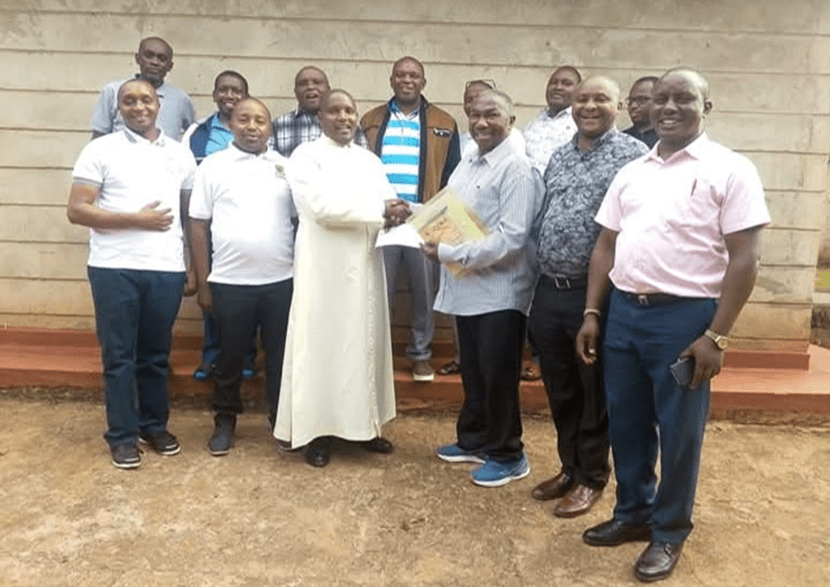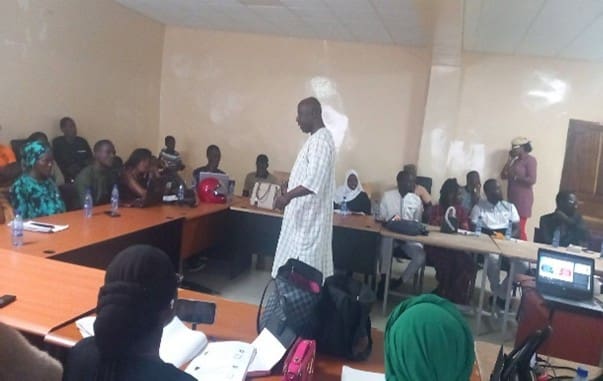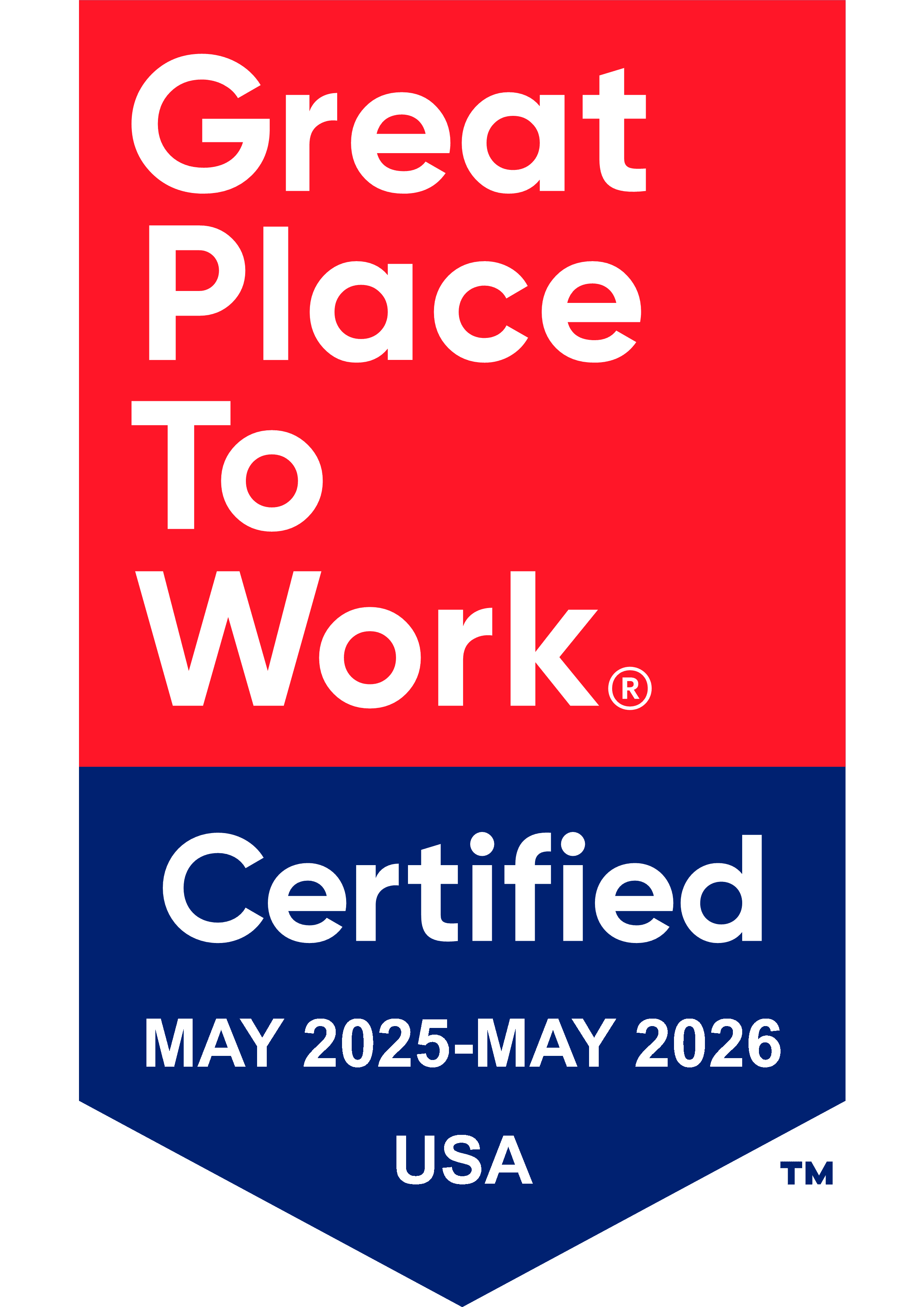Across Africa, coalitions are bringing together communities to improve prevention and promote healthier futures. Through local partnerships, education, and outreach, these groups are implementing evidence-based strategies to address the unique substance use challenges facing their communities.
Quênia
In Kenya, coalitions are using innovation and collaboration to reach new audiences. Under the leadership of Mr. Edwin Gitau, the Juja Community Alcohol and Drug Control Organization (JUCADO) appeared on a local television program to amplify its prevention message beyond the town of Juja. Mr. Giatu also led open community dialogues in the Kiandutu Slums and local churches, places where residents, including former drug users, could speak candidly about the health risks of substance use.

The Malindi Coalition combined sports and prevention education through a soccer tournament with the theme, “Kick Drugs Out of Shella,” drawing more than 300 youth participants. Student leaders extended their message online, using social media to share anti-drug videos and inspire their peers. Additionally, the coalition partnered with Kenya’s Ministry of Education to establish anti-drug clubs in local primary schools and held 10 community forums across Shella Ward, reaching 1,750 residents through local barazas and public assemblies.
Senegal
In Senegal, newly formed coalitions in Dakar (Diakhaye Parcelles, Yeumbeul Nord, and Thiaroye sur Mer) continued to hold meetings focused on developing community assessments to determine the prevention-specific needs of their communities. Several coalitions also conducted outreach and coordination activities with local stakeholders. For example, the Diamaguéne Sicap Mbao coalition met with women’s groups in the commune to raise awareness around youth drug prevention and education. Meanwhile, the Diakhaye coalition engaged with child protection partners in the Keur Massar department, and the Asprosad coalition in Mbour convened a community coordination meeting with members of the ONCAD neighborhood.
CADCA and Mr. Diouf also conducted two in-person trainings in August focused on logic models and evaluation, helping coalitions improve their coalition capacity and strategic planning and evaluation efforts.

Looking ahead, Senegal’s coalition leaders are focused on sustainability. Mr. Diouf is collaborating with interministerial committees, the Federation of Community Anti-Drug Coalitions of Senegal, and the Ministry of the Interior to identify new funding sources and secure local investment in community-based prevention and violence reduction.
Uganda
Coalitions across Uganda are fighting urban substance use with compassion, data, and creativity. The Kalerwe Coalition addressed urban drug use challenges in Kampala’s Dobi Zone by organizing community clean-ups, procuring reflective uniforms to enhance visibility, and conducting household-level outreach to high-risk groups. Testimonies collected during these activities revealed that more than a dozen habitual drinkers pledged to quit early-morning alcohol consumption if livelihood opportunities were available. In response, the coalition launched youth-led income-generating initiatives, such as recycling waste into animal feed and producing eco-briquettes, which are now being scaled as sustainable alternatives to idleness and substance misuse.
The Nansana and Bwaise Coalitions invested in baseline data collection exercises to map drug hotspots and quantify substance use trends. These assessments, which engaged more than 150 respondents through surveys, focus groups, and interviews, provided credible evidence to inform targeted prevention strategies. Both coalitions leveraged community networks to strengthen advocacy with schools, health centers, religious institutions, and local government. Meanwhile, the Bwaise Coalition expanded its membership base to Kenya, the United States, and the United Kingdom, securing financial contributions from diaspora members to sustain ongoing operations.

Partnerships have also played a vital role in Uganda. Coalitions collaborated with municipal leaders, religious institutions, and media outlets like Bukedde TV and local radio stations to conduct awareness campaigns and mobilize community support.
From sports tournaments and school clubs to data-driven assessments and cross-sector partnerships, African coalitions are proving that prevention and collaboration go hand-in-hand. These success stories demonstrate that CADCA’s community coalition model is effective and universally adaptable and can succeed anywhere that people come together to create healthier communities.


